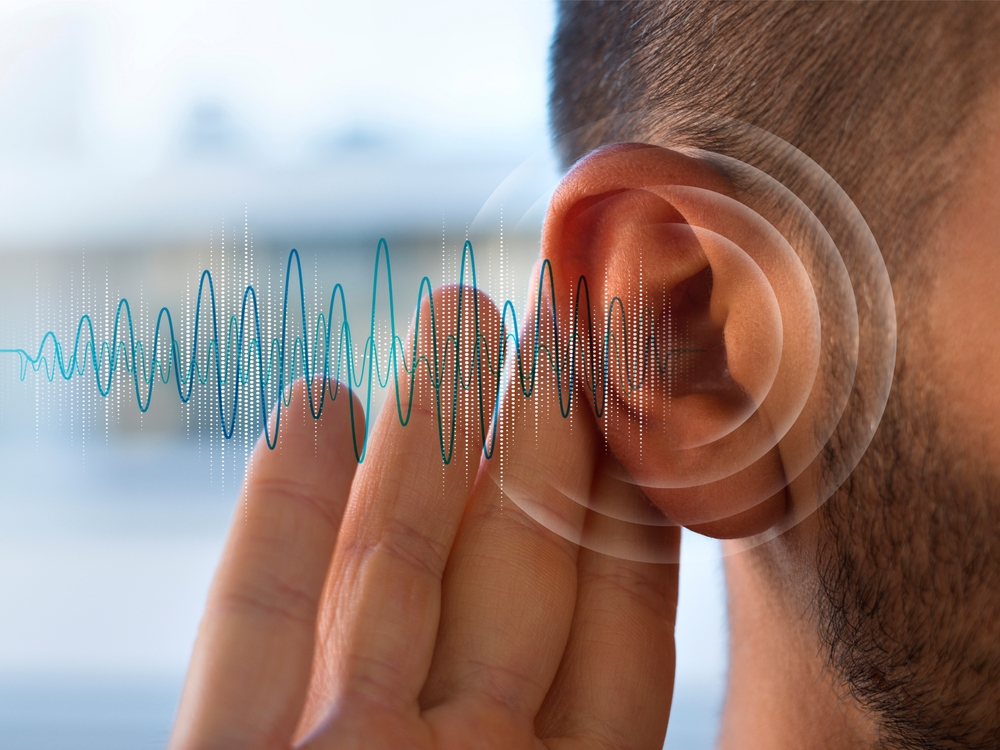Our ears are often what carry the load of unintentional harm from neglect in our busy day-to-day lives. From the allure of ear candling to the seemingly harmless act of utilizing cotton swabs, our auditory health can suffer from these prevalent yet perilous practices. Below, we delve into four essential methods to safeguard your sense of hearing and keep your ears healthy.
Ear candling is a no-no
In spite of the complete lack of scientific merit, the ancient practice of trying to clear away earwax has recently achieved some popularity. It’s believed that a vacuum is produced when a hollow ear candle is inserted into your ear canal and the wick at the opposite end is lit theoretically pulling impurities out. However, numerous studies have debunked this practice, emphasizing its ineffectiveness and potential risks.
Not only does ear candling fail to clear away earwax efficiently, but it also poses significant risks. The application of heat near the sensitive structures of the ear can result in burns, perforated eardrums, and even aggravate existing problems. Normally, if you notice any wax after ear candling, it will be from the candle itself rather than your ears.
In light of these findings, medical experts universally discourage the use of ear candling. Both the Food and Drug Administration (FDA) and the American Academy of Otolaryngology (AAO) caution against this practice, emphasizing safer alternatives for ear hygiene.
Get rid of the cotton swabs
It’s true that many individuals turn to these apparently harmless tools to clean earwax out of their ears. However, contrary to public opinion, inserting cotton swabs into the ear canal presents more risks than advantages. Instead of effectively eliminating earwax, swabs can inadvertently jam wax deeper into the ear canal, resulting in impaction and possible injury.
The fragile nature of the eardrum makes it susceptible to damage from foreign objects, including cotton swabs. Injuries, such as perforations or abrasions can happen, resulting in pain, infection, and hearing impairment. It would be better to obtain professional help if necessary or otherwise depend on your ear’s self-cleaning ability rather than putting any object in the ear.
Keep volumes to a minimum
In a progressively noisy world, our ears are continuously inundated by sounds of varying volumes. Exposure to loud noise is inevitable, from going to sporting events and concerts to walking down busy city streets to mowing your lawn. Nevertheless, prolonged or excessive exposure can have detrimental effects on auditory health, leading to noise-induced hearing loss or tinnitus.
To minimize the threat of hearing damage, it is critical to be aware of sound levels and take active steps to protect your ears. This includes wearing ear protection, like earmuffs or earplugs, in loud settings and limiting exposure to loud sounds whenever possible.
In addition, when using personal audio devices, like headphones or earbuds, maintaining a moderate volume and taking regular rests can help maintain hearing health.
If you detect any symptoms, act promptly
Taking fast action when your ears begin to tell you that you’re starting to experience some level of hearing loss is critical to protect your ears from damage. In spite of the availability of advanced treatments, such as hearing aids, delaying intervention can exacerbate hearing loss and complicate management.
It is essential to identify common signs of hearing loss, such as trouble understanding speech, ringing or buzzing in the ears (tinnitus), or a feeling of fullness or pressure in the ears. Make an appointment with us as soon as possible if you encounter any of these symptoms. Early detection and intervention can significantly improve results and enhance your quality of life.
Your ability to successfully navigate the landscape of your life is dependent on you keeping your hearing as healthy as you can. By adopting these four practices, avoiding ear candling and cotton swabs, protecting against loud noise, and understanding early warning signs, we can maintain our precious sense of hearing and cherish the symphony of sounds that enrich our existence.
If you suspect that you may be experiencing any symptoms of hearing loss, call us today for an appointment.

